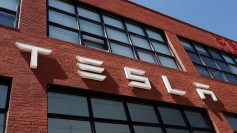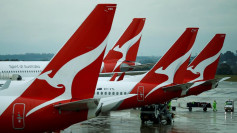Due to a shortage of skilled labor and rising costs, Taiwan Semiconductor Manufacturing Co. (TSMC) is forced to delay the launch of its factory in Arizona.
On Thursday, TSMC Chairman Mark Liu announced during the company's Q2 earnings call that due to a lack of skilled workers, TSMC will push back the production at its new wafer fabrication plant in Arizona, USA to 2025. Earlier, Apple had stated it planned to use computer chips produced at TSMC's Arizona factory.
Liu told analysts that the company lacks sufficient skilled workers to install advanced equipment in the factory as originally planned. TSMC is striving to expedite the installation by dispatching technical personnel from Taiwan to train local workers.
TSMC announced the construction of its Arizona factory as early as May 2020, initially pledging an investment of $12 billion. In December of the same year, TSMC announced that it would increase the investment to $40 billion, with production of 5-nanometer wafers originally expected to begin in 2024.
According to Liu, TSMC faces multiple challenges in its American factory, including not only a shortage of skilled labor but also higher labor costs than in Taiwan. TSMC founder Morris Chang has stated that the cost of chip production in Arizona could be at least 50% higher than in Taiwan.
In August of last year, the Biden administration passed the multibillion-dollar "Chips Act" to bring chip manufacturing back to the US, from which giants like TSMC and Samsung stand to benefit.
According to the latest financial report released by TSMC, the company's Q2 revenue was NT$480.84 billion, a decrease of 10% year-on-year (13.7% in USD), marking the first quarterly profit decline in four years, and the fourth consecutive month of revenue decline. Net profit for the quarter fell by 23% year-on-year, dropping from NT$237 billion in the same period last year to NT$181.8 billion. Comparing quarter to quarter, this season's revenue fell by 5.5% and net profit fell by 12.2%.






